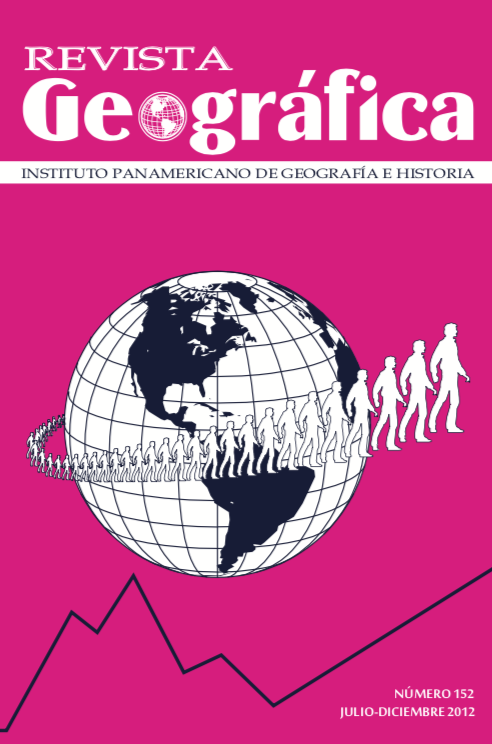Transboundary Political Ecology in the Peru-Brazil Borderlands: Mapping Workshops, Geographic Information, and Socio-Environmental Impacts
Main Article Content
Abstract
Development, resource, and settlement frontiers inspired by national policies and global demand continue to expand into the international boundary lands of Amazo- nia. National policies promote development and conservation projects on lands already inhabited and managed. Regional governments are increasingly frustrated by the inadequate and outdated geographic information available to solve overlap- ping claims and improve planning in sensitive border regions. The resulting combi- nation of inappropriate policies, contested resources, and poor geographic information in the borderlands create impacts not only for national, regional, and local landscapes and livelihoods but also foreign relations due to transboundary effects. This article uses a transboundary political ecology framework to contextual- ize the products, process, and promise of a Ucayali, Peru, Acre, Brazil transbounda- ry mapping workshop funded by the Pan American Institute of Geography and History (PAIGH).
Downloads
Article Details
-
Abstract728
-
PDF (Español)442
